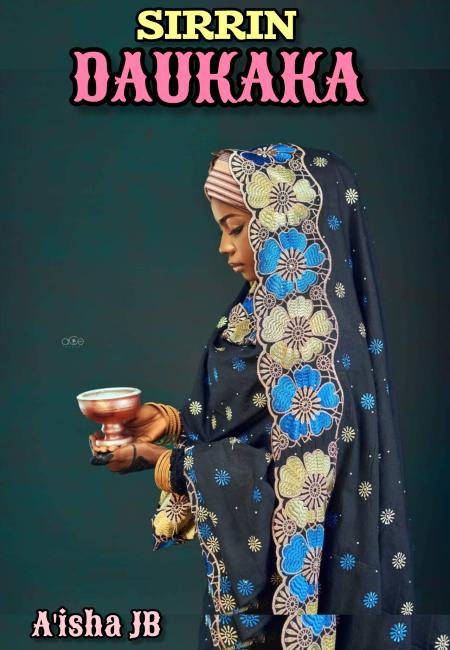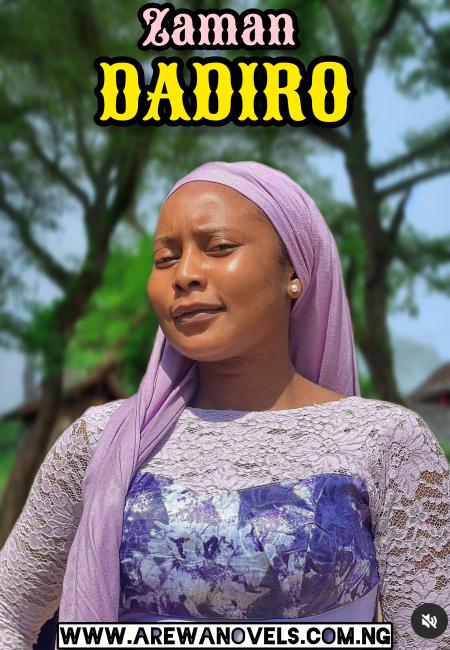She straightened her posture slowly, lowering her eyes from the elderly woman standing over them, scolding them with authority and displaying her indifference to the consequences of their mistake while reminding them of the severe punishment that awaited.
The woman standing there was their father's mother, the one who gave birth to him. They called her "Amma," like people call the person who gave birth to them "baba" or "uba." They wouldn't call their father "baba" because he was merely the one who fathered them, not a "baba" in the sense of a nurturing father.
They distinguished between "mahaifi" (biological father) and "baba" because they couldn't discern what the term "baba" truly meant in reality, having never experienced affection, care, compassion, or any indication that they were children with a nurturing father. However, they had a clear understanding of the term "mahaifi," the biological father who exercised complete control over their lives in the harshest and most degrading manner. This was their reality when it came to the concept of a father.
The woman who bore their biological father was not referred to as their grandmother because she didn't display any of the warmth or love typically associated with the term "kaka" (grandmother).
Their mother, their true caregiver and source of joy, was deeply beloved. She had been a slave in the family since before their birth, living a life of servitude between father and son in a degrading manner. She was considered less valuable than a pair of shoes their father could buy. To him, and consequently to his mother, their mother had no worth, only serving as a means to bear more daughters who also lived in the house with no respect or dignity.
After enduring years of suffering under their father's torment, they now lived with their mother in a state of slavery. They had no freedom or autonomy; their father dictated their lives, even if it meant dismembering their bodies. They couldn't lift their heads or meet his gaze, as looking into his eyes was akin to committing a grave sin that could lead to severe punishment, more terrifying than pouring boiling water on themselves.
Sumayya, the most vulnerable of the four, lowered her head further and, with a trembling voice, said,
"We will fix everything before he returns, but please, Hande, can you give Anne some food before he
comes back?"







